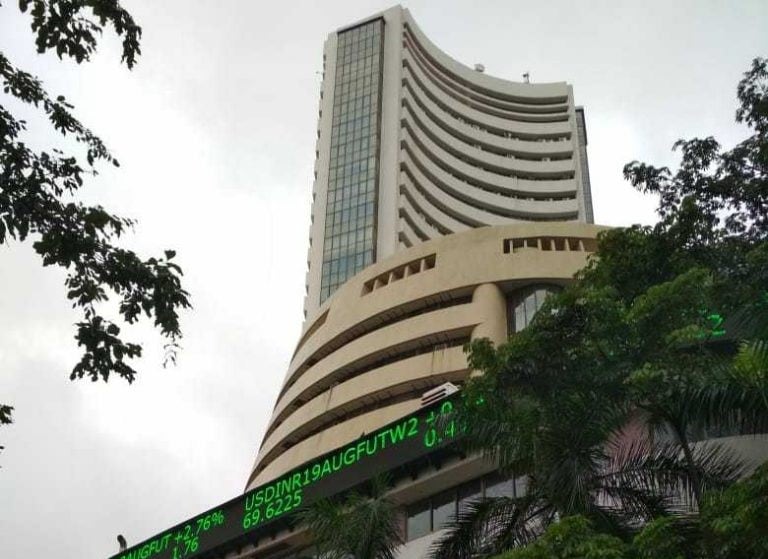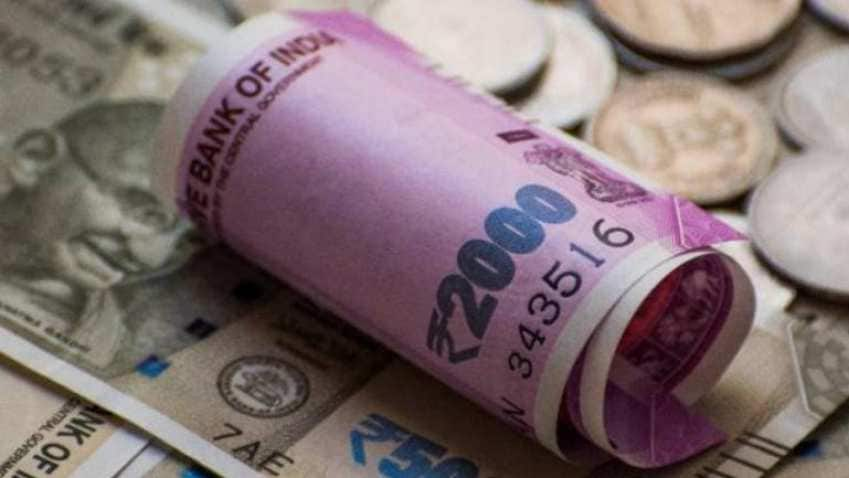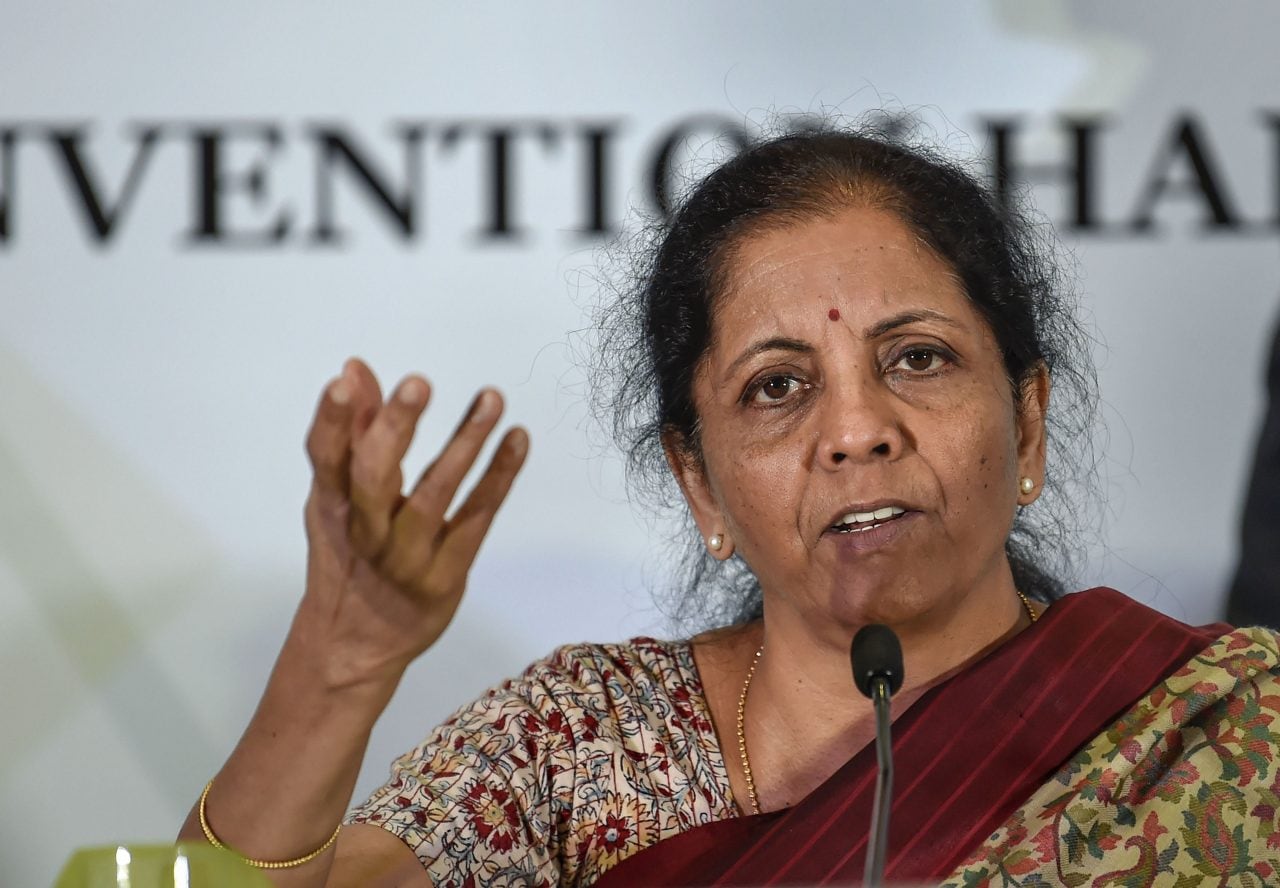Business
Updated : 2020-06-04 08:11:16
The Indian market may open flat with a positive bias as the SGX Nifty, an indicator of the opening for the Nifty50, was trading 6 points higher at 10,091 at 7:38 am, hinting at a flat-to-positive start for the domestic market. Asian shares rose as optimism over the economic recovery from the coronavirus pandemic continued to keep investor sentiment afloat.
CNBCTV18.com

1. Asia: Stocks in Asia rose in Thursday morning trade as optimism over the economic recovery from the coronavirus pandemic continued to keep investor sentiment afloat. South Korea’s Kospi led gains among the region’s major markets as it rose 1.76 percent in early trade, adding to its nearly 3 percent Wednesday surge. In Japan, the Nikkei 225 added 1.06 percent while the Topix index advanced 0.85 percent. Meanwhile, shares in Australia also rose, with the S&P/ASX 200 up 0.89 percent. Overall, the MSCI Asia ex-Japan index traded 0.41 percent higher. (Image: Reuters)

2. US: Futures contracts tied to the major U.S. stock indexes idled during the overnight session Wednesday evening on the heels of yet another robust day on Wall Street and amid one the market’s strongest rebounds on record. Dow Jones Industrial Average futures advanced 45 points, indicating an opening gain of less than 0.1 percent when regular trading resumes on Thursday. S&P 500 futures pointed to a mild loss of 0.1 percent while Nasdaq-100 futures pointed to an opening slip of 0.25 percent. The overnight moves Wednesday evening came after sharp gains on Wall Street o ver the last several sessions and a historic start to June. (Image: Reuters)

3. Market At Close On Wednesday: Indian shares extended gains to end higher for the sixth session on Wednesday and the Nifty crossed the 10,000-mark for the first time since March 13, as Asia’s third-largest economy gradually comes out of COVID-19 lockdowns and risk appetite picks up in global markets. Meanwhile, the number of coronavirus cases in India surged past 200,000 as of Wednesday, with the growth rate of new infections showing no sign of slowing. The Sensex ended 284 points higher at 34,109 while the Nifty rose 82 points to settle at 10,061. Market breadth was in favour of advances with the advance-decline ratio at 5:2. (Image: Reuters)

4. Crude Oil: Oil moved between gains and losses in a volatile trading session, as demand continues to improve, but as doubts emerged about the timing and scale of a potential extension to the pact between OPEC and its allies to cut crude supplies. Brent crude futures for August were down 7 cents, or 0.2 percent, at $39.50 a barrel. The session high of $40.53 was the highest since March 6. West Texas Intermediate crude for July gained 48 cents, or 1.3 percent, to settle at $37.29 per barrel. (Image: Reuters)

5. Rupee Close: Indian rupee erased all the intraday gains and ended 10 paise lower at 75.46 per dollar, amid buying seen in the domestic equity market. It opened 33 paise higher at 75.03 per dollar against previous close of 75.36. The dollar-rupee contract on the NSE was at 75.35 in the last session. (Image: Reuters)

6. Cabinet Approves Amendment To Essential Commodities Act: The Union Cabinet on Wednesday approved amendments to the Essential Commodities Act. The amendment will deregulate food items like cereals, pulses and onion from stockholding limit. The Essential Commodities Act will be invoked during inflation, war, or any other unforeseen circumstances. The government said that the amendments will allow farmers to sell their produce anywhere and will make the agriculture sector more competitive. While briefing the media, union minister Prakash Javadekar said: “Farmers have been freed from the constraints of the Agriculture Produce Marketing Committee (APMC).” (Image: Reuters)

7. Finance Ministry Begins Work On New Divestment Policy: The finance ministry has started work on the broad contours of the new disinvestment policy announced by finance minister Nirmala Sitharaman on May 17 as part of the Atmanirbhar Bharat package. Sources told CNBC-TV18 that a note for the FM’s perusal is being worked out after which a draft policy is likely to start taking shape. The new divestment policy is likely to be overarching in nature as it will define strategic and non-strategic sectors, with public sector enterprises to be confined to only “defined areas”, while “PSEs in non-strategic sectors will be privatised as per timelines worked out by the government”. (Image: Reuters)

8. Cabinet Approves Proposal To Suspend IBC Proceedings: The Union Cabinet on Wednesday cleared the proposal to suspend the insolvency proceedings under the Insolvency & Bankruptcy Code (IBC) to avoid companies at large from being forced into insolvency proceedings for non-performing assets during the COVID-19 period starting from 25 March until a date which will be notified later by the government, sources told CNBC-TV18. (Image: Reuters)

9. Government Forms New Empowered Group To Enhance Investment In The Country: The government has formed an empowered group of secretaries to enhance investment in the country to offset the impact of coronavirus, said Union minister Prakash Javdekar on Wednesday. In every ministry there will be a project development cell, which will give fillip to the investment, he added. CNBC-TV18 first reported this on May 22, stating that the Department Of Promotion of Industry and Internal Trade (DPIIT) was working on three reform proposals that seek to change the way investments are incentivised and promoted in the country. (Image: Reuters)

10. PSBs Disburse Loans To MSMEs: The finance ministry on Wednesday said that public sector banks (PSBs) have disbursed Rs 3,892.78 crore in the first two days of the month under the Rs 3-lakh crore Emergency Credit Line Guarantee Scheme (ECLGS) for the MSME sector hit hard by the coronavirus-induced lockdown. Meanwhile, PSBs have sanctioned loans worth Rs 10,361.75 crore under the 100 percent ECLGS starting June 1. The scheme is the biggest fiscal component of the Rs 20-lakh crore Aatmanirbhar Bharat Abhiyan package announced by Nirmala Sitharaman last month. (Image: Reuters)